Description
Sodium Citrate: More Than Just a Preservative
Sodium citrate is a versatile chemical compound with a surprisingly wide range of applications, touching everything from our food and beverages to the medical field and even cosmetics. Often overlooked, this salt of citric acid boasts a unique set of properties that make it an indispensable ingredient in various industries.
What is Sodium Citrate?
Sodium citrate is essentially the sodium salt of citric acid. It appears as a white, crystalline powder that is odorless and possesses a slightly salty, acidic taste. Its chemical formula is Na₃C₆H₅O₇, and it’s produced by neutralizing citric acid with sodium hydroxide.
Versatile Applications:
The usefulness of sodium citrate stems from its properties as a weak buffering agent, an anticoagulant, and an emulsifier. This trifecta of functionalities allows it to play diverse roles in various industries:
- Food and Beverage Industry:
- Preservative: Sodium citrate acts as a preservative by inhibiting the growth of microorganisms, extending the shelf life of processed foods.
- Flavor Enhancer: It can contribute a slightly tangy or salty flavor, enhancing the overall taste profile of certain foods.
- Emulsifier: It helps to stabilize emulsions, preventing the separation of ingredients in products like cheese sauces, ice cream, and salad dressings.
- Acidity Regulator: As a buffering agent, it helps maintain a consistent pH level in food, preventing spoilage and preserving texture. This is particularly useful in fruit preserves and jams.
- Melting Agent: In cheese production, sodium citrate is often used to prevent cheese from separating and becoming oily when melted, resulting in a smooth and creamy consistency, as seen in processed cheese slices.
- Medical Field:
- Anticoagulant: Sodium citrate is used in blood collection tubes to prevent clotting by binding to calcium ions in the blood. This allows for accurate and reliable blood tests.
- Medication: It’s used in some medications to help neutralize stomach acid, acting as an antacid and providing relief from heartburn and indigestion.
- Oral Hydration Solutions: Sodium citrate can be found in oral rehydration solutions to help replenish electrolytes and maintain fluid balance, particularly important for individuals suffering from dehydration due to diarrhea or vomiting.
- Cosmetics and Personal Care:
- pH Adjuster: Sodium citrate helps to maintain the desired pH level in cosmetic formulations, ensuring the stability and effectiveness of products.
- Chelating Agent: It can bind to metal ions, preventing them from interfering with the performance of other ingredients in cosmetics and personal care products.
Safety Considerations:
Generally, sodium citrate is considered safe for consumption and use in various applications. The FDA considers it as Generally Recognized As Safe (GRAS) for food use. However, excessive consumption can lead to some side effects:
- Gastrointestinal Issues: High doses can cause nausea, vomiting, and diarrhea.
- Electrolyte Imbalance: It can potentially disrupt electrolyte balance in the body, particularly for individuals with pre-existing kidney conditions.
Conclusion:
Sodium citrate is a fascinating and highly functional compound that plays a vital role in numerous aspects of our daily lives. From preserving our food and beverages to facilitating crucial medical procedures and enhancing the properties of our cosmetics, its versatility and safety make it an invaluable ingredient across a wide range of industries. While often hidden behind the scenes, sodium citrate’s contributions are undeniable, highlighting the importance of understanding the chemistry behind the products we use every day.

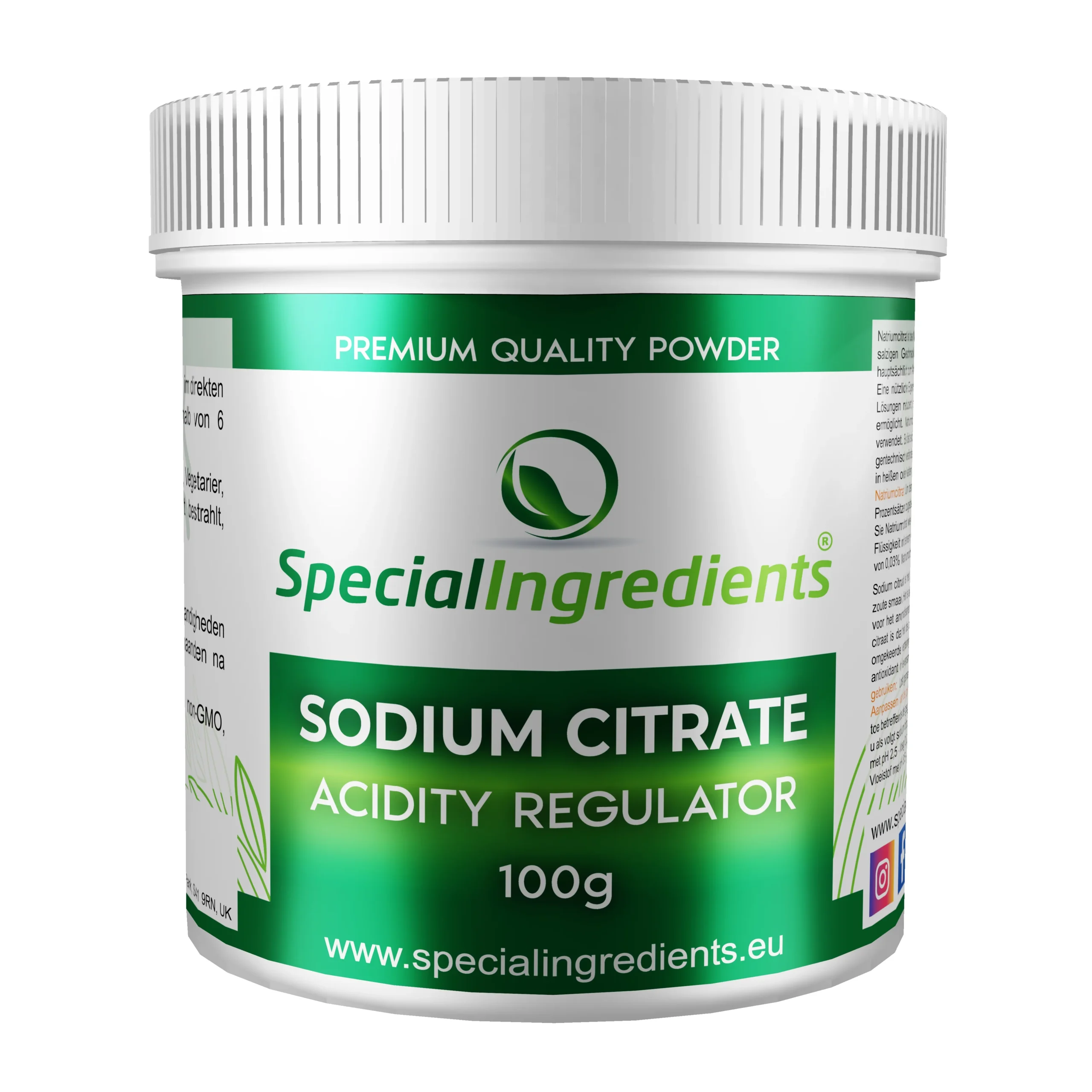

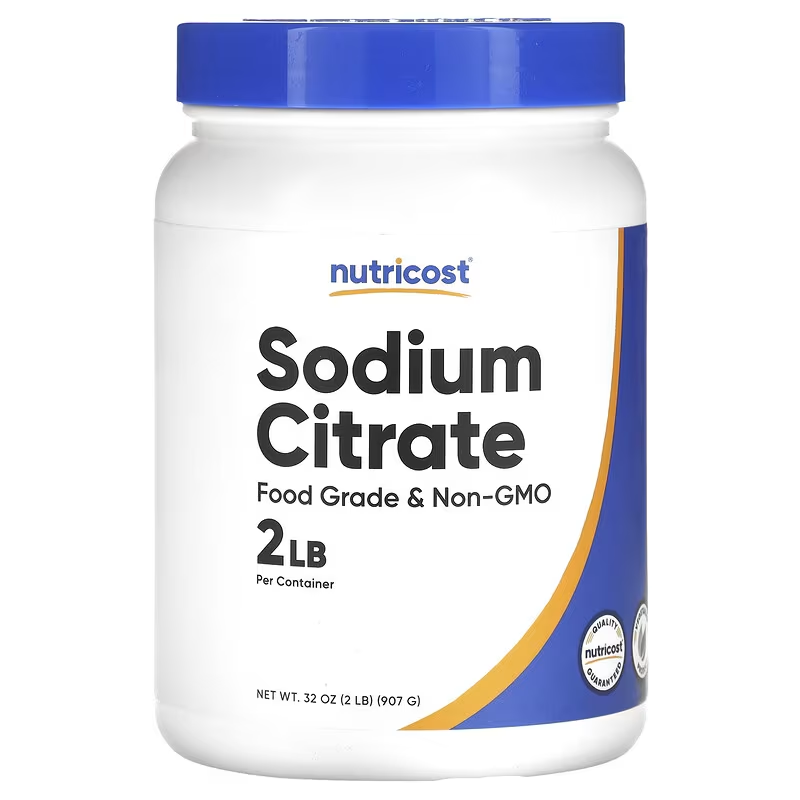
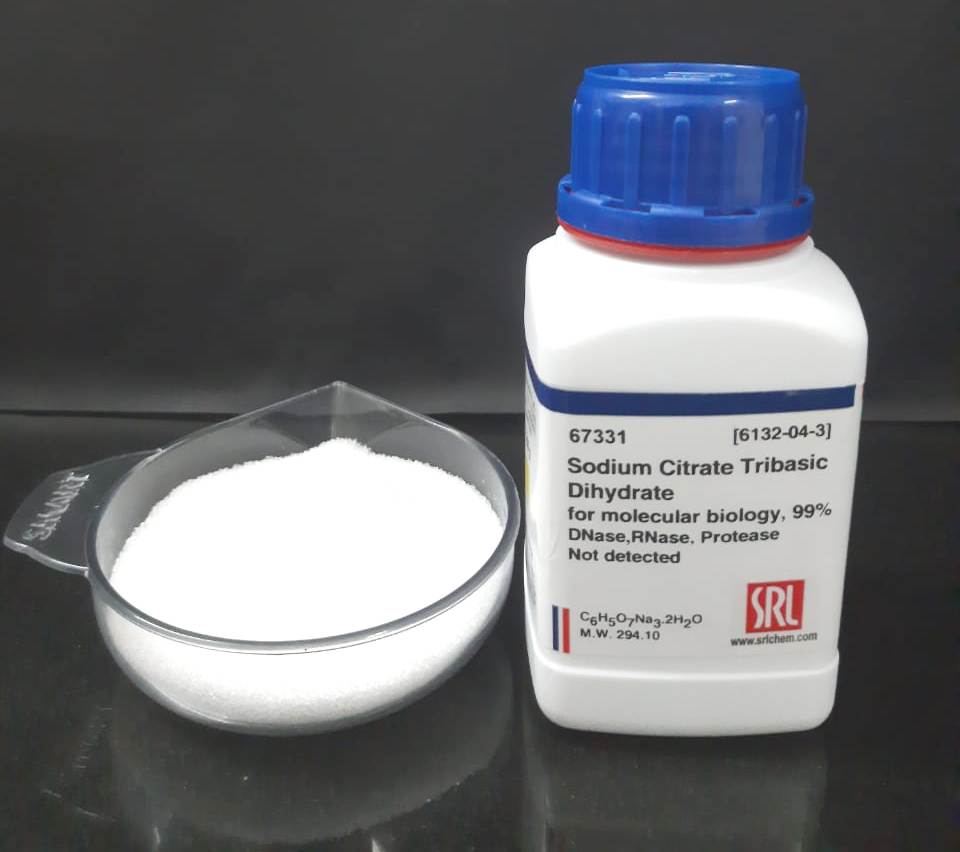
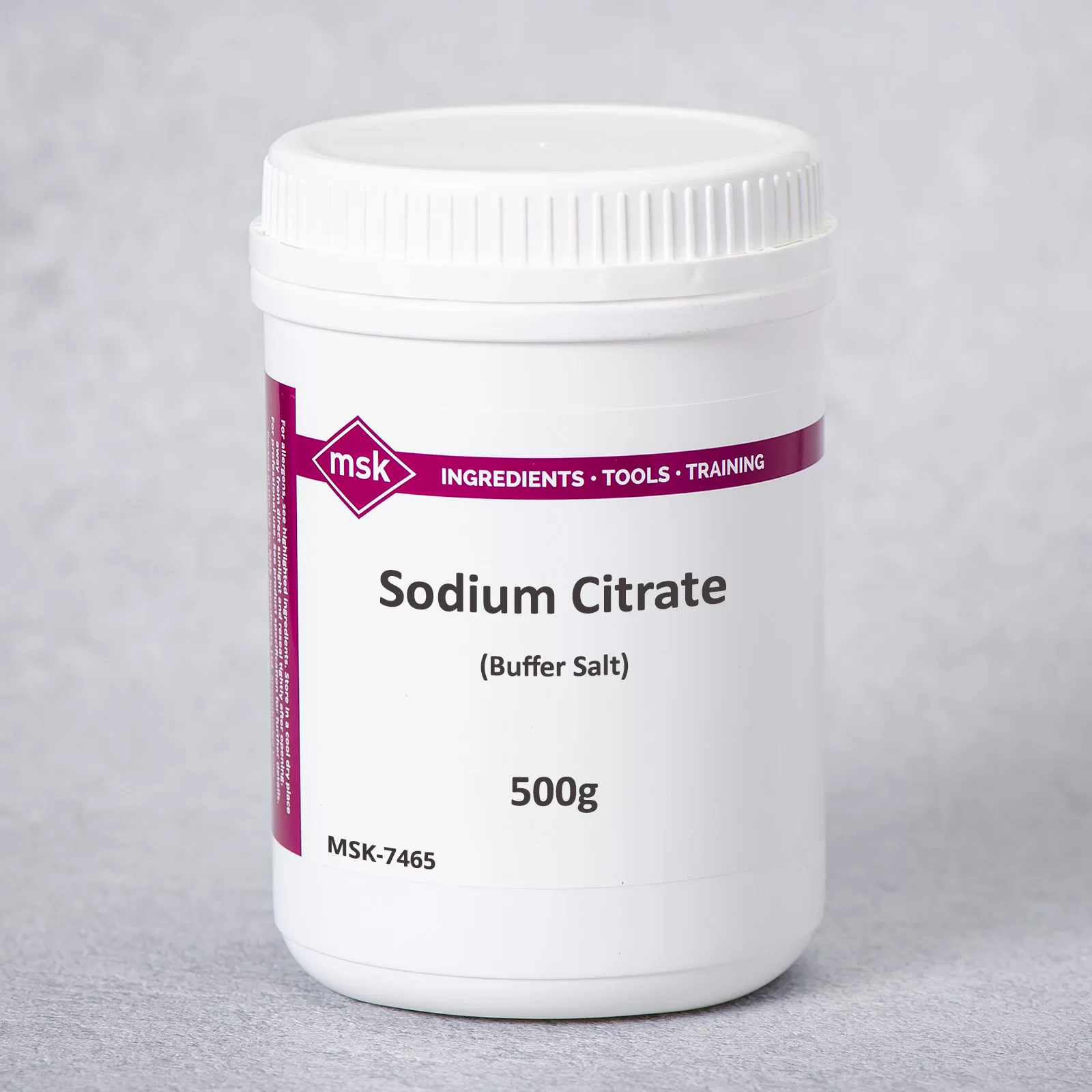
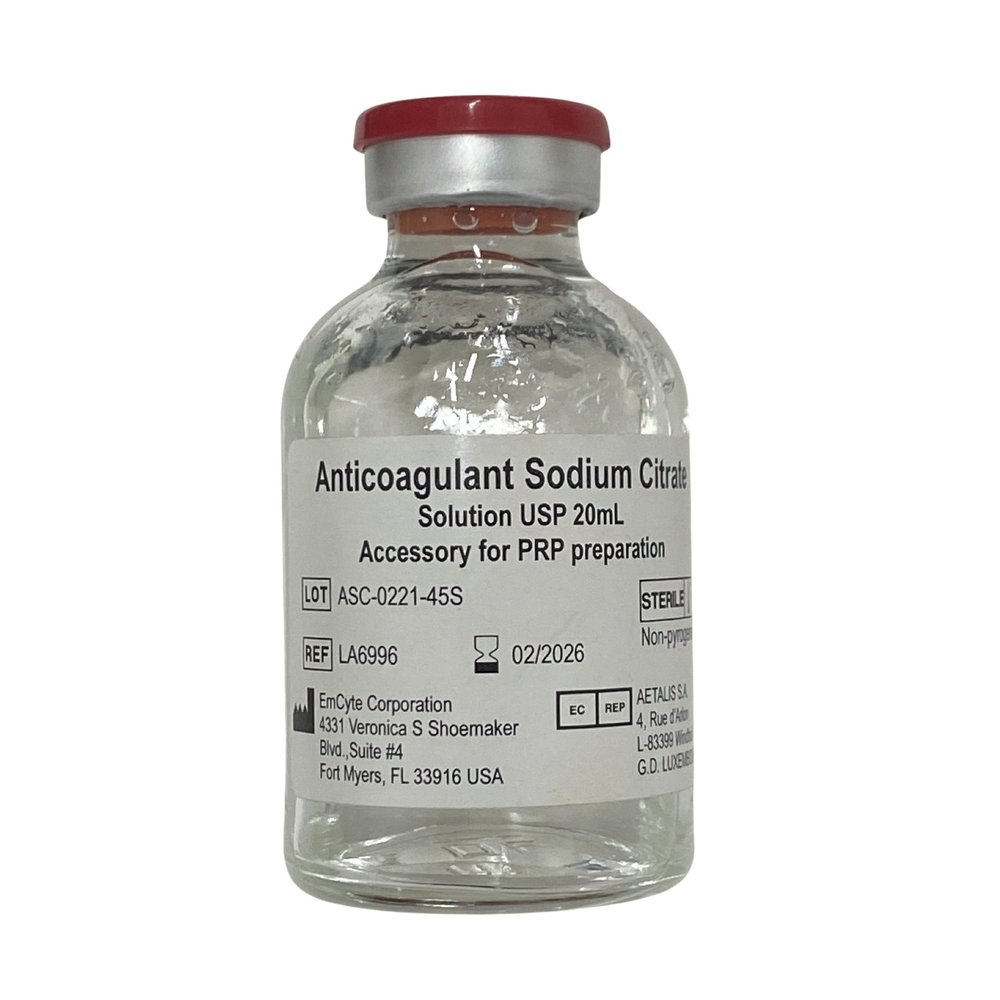

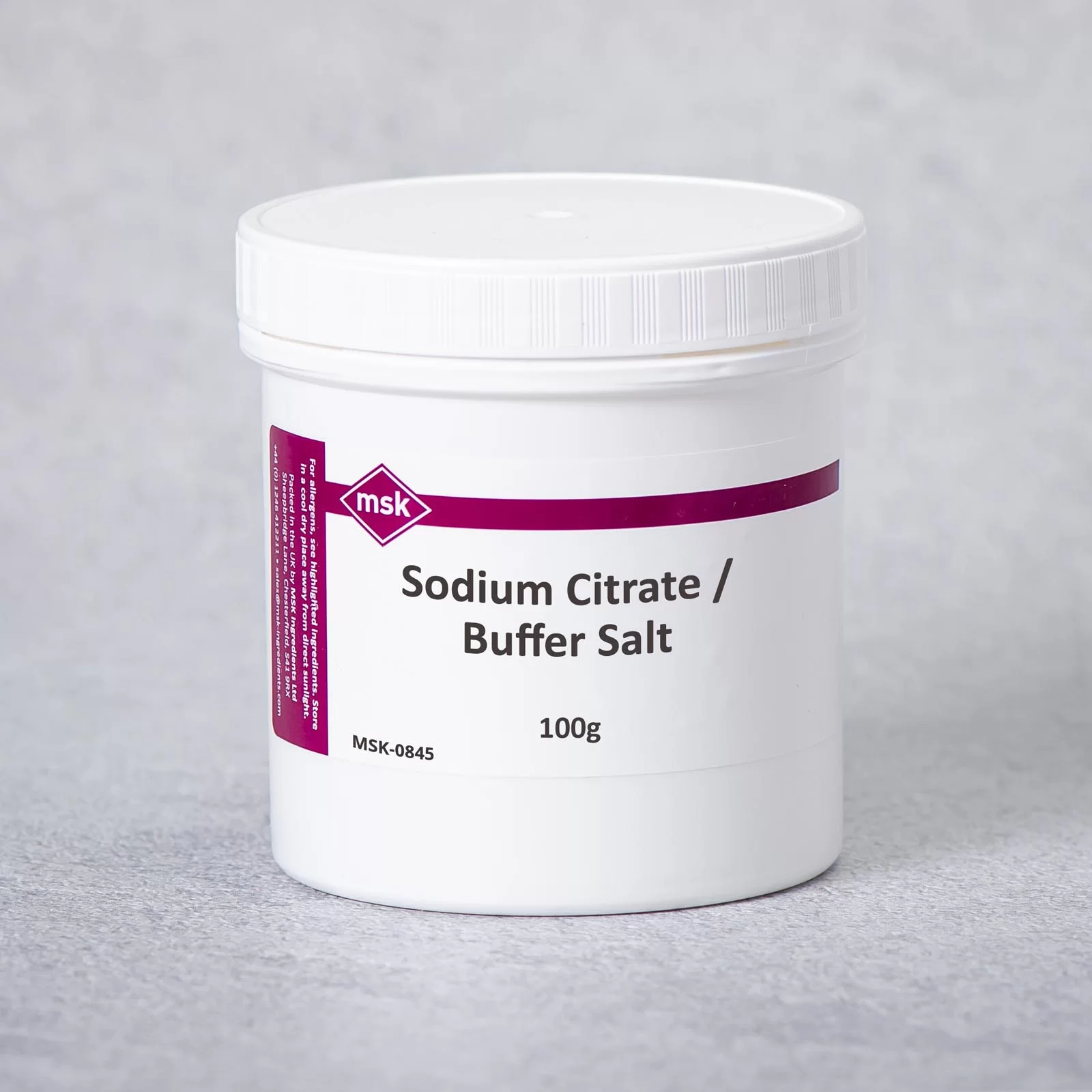
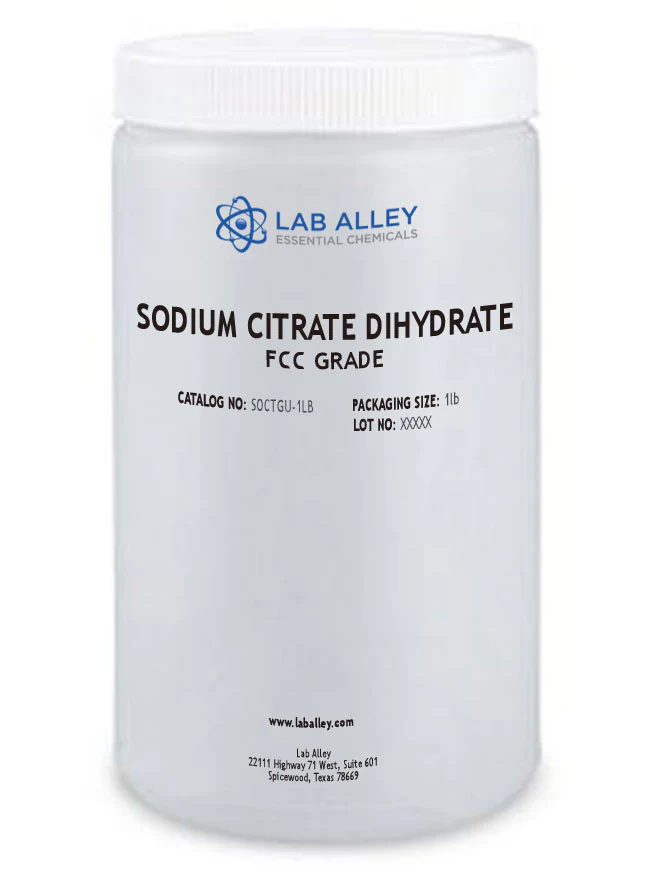

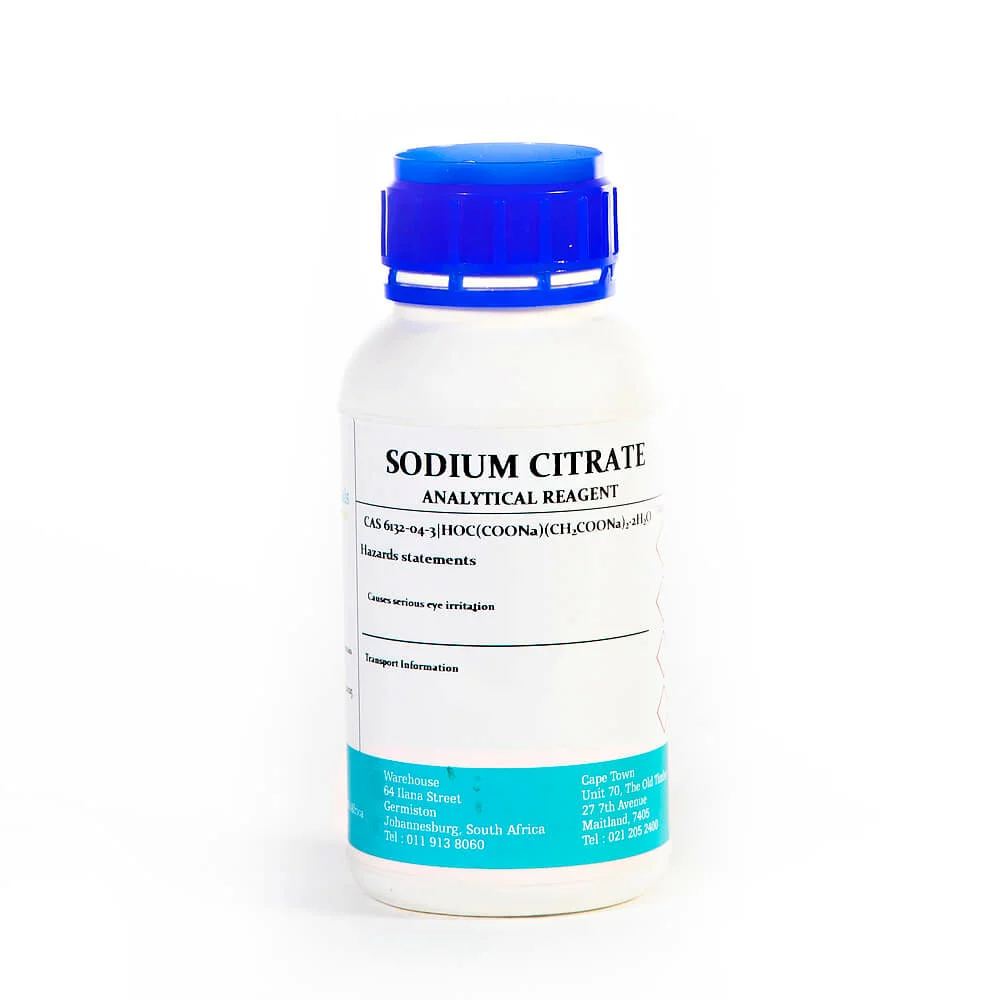
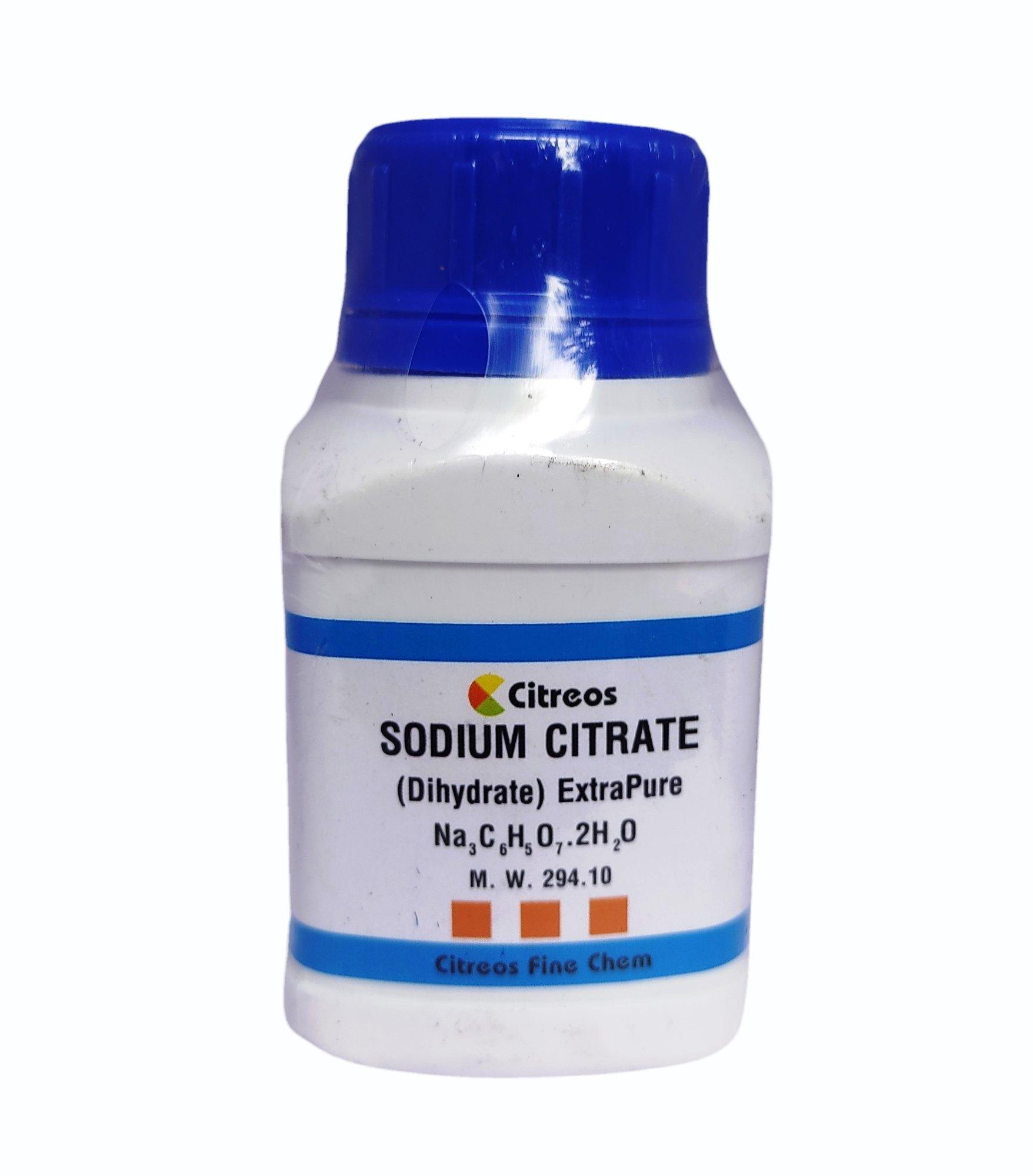
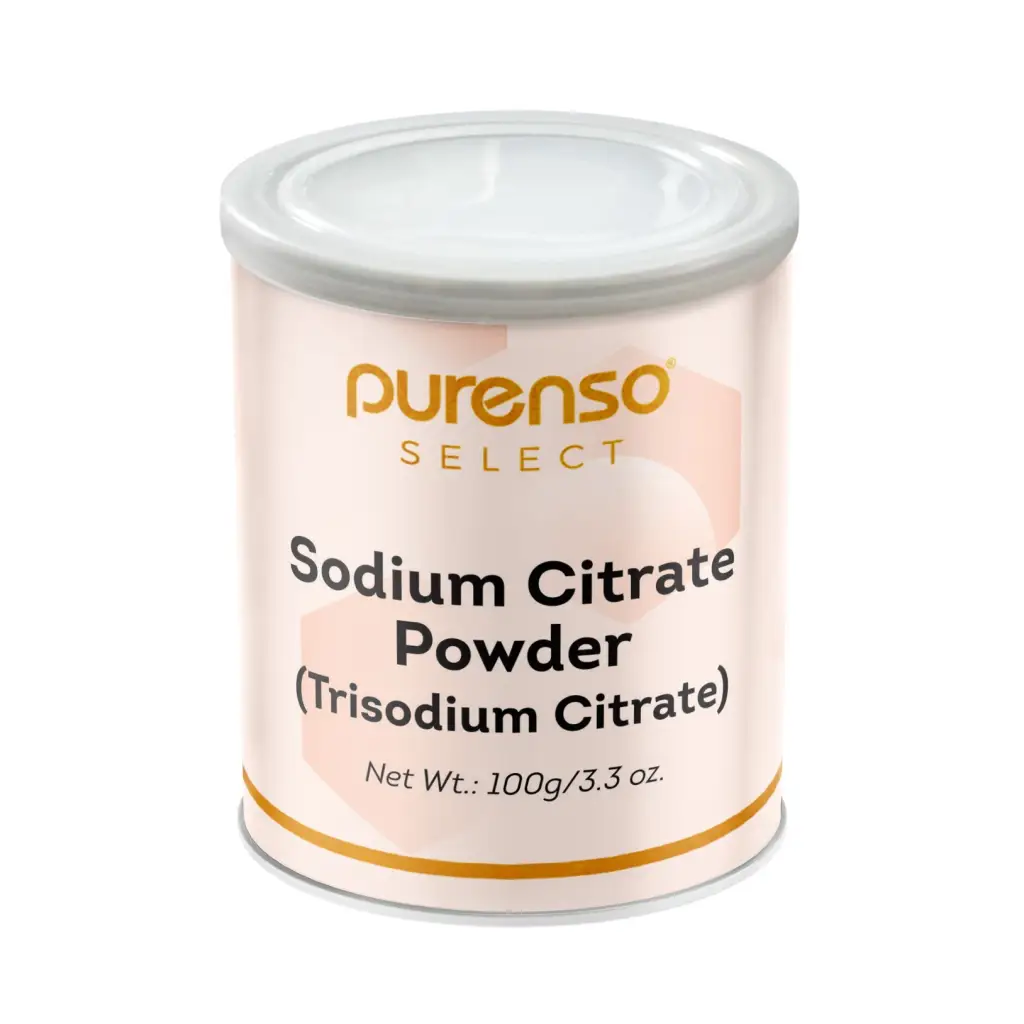
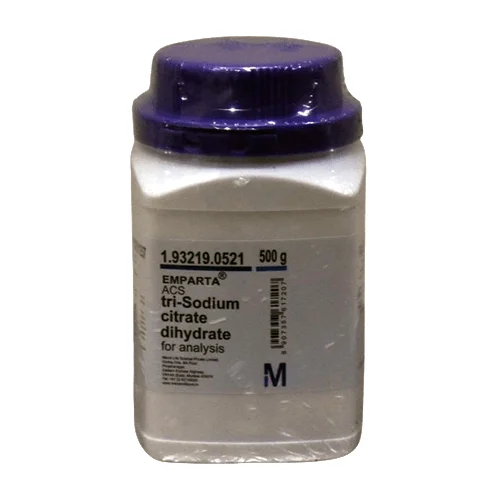




Reviews
There are no reviews yet.